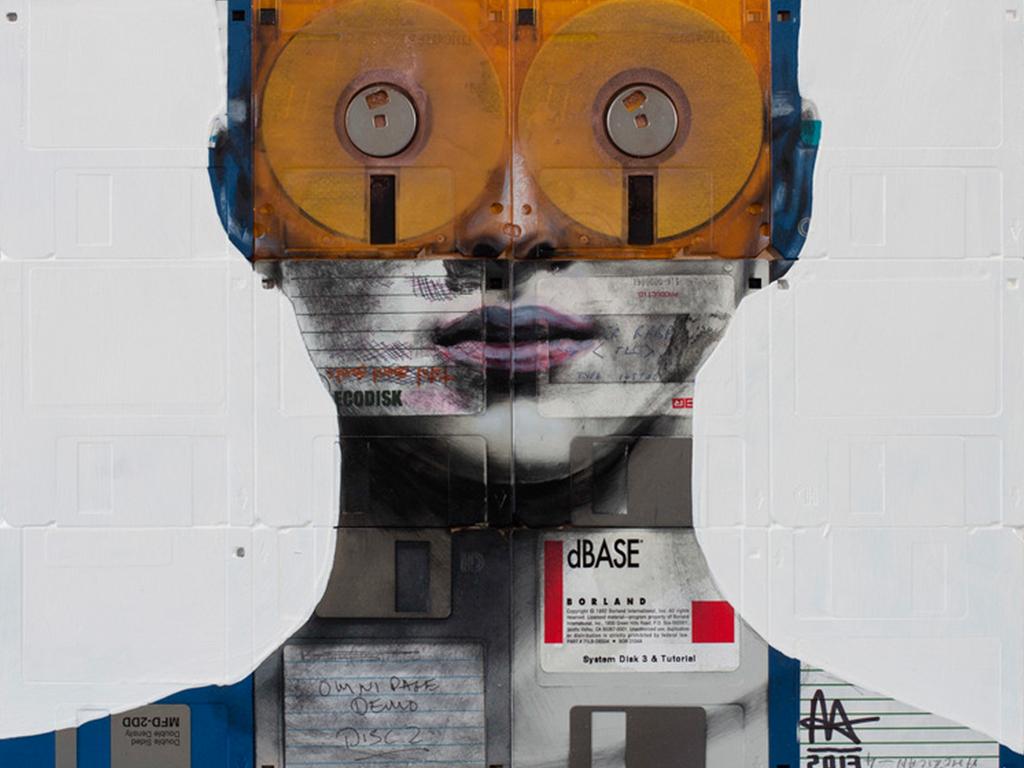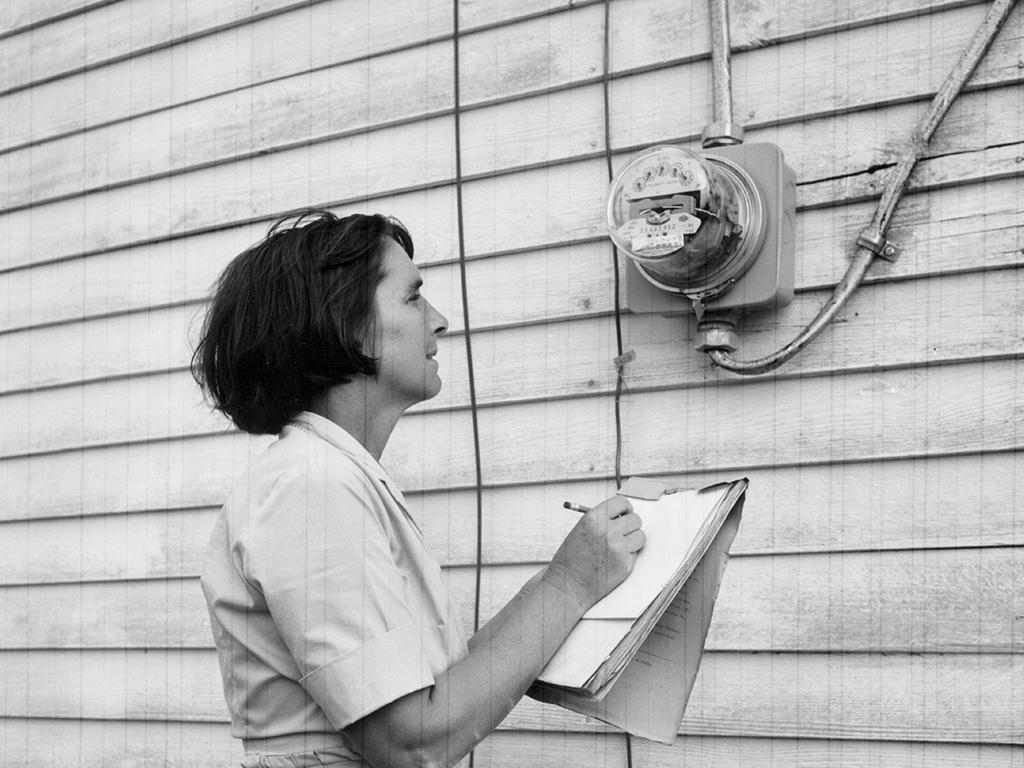The Internet comes with an enormous physical footprint. All our mails, webpages, tweets, and apps are using datacenters where numerous computers and hard disks are constantly humming. In that process they heat up and have to be cooled with giant airconditioning systems. The energy that is annually consumed by datacenters is huge and growing rapidly.
40 million tons of e-waste
In 2011 in Berkeley (US) was researched how much energy is actually involved. Researchers assumed that the Internet existed of 750 million desktop computers, 750 million laptops, 1 billion smartphones and in total 100 million servers. This counts up to an energy use of approximately 84 to 143 Gigawatt, accounting for 3 to 6% of the worldwide total - and this for an industry that hardly existed twenty years ago. And I am not talking about the hardware now, the computers itself, of which the fabrication, transportation and assembly also took a large portion of energy.
The United Nations estimated that in 2007 annually 40 million tons of electronic waste, also called e-waste, was produced. Potential valuable materials that can be recycled, if done in a responsible way. Companies often find this to be too expensive, a reason why a lot of e-waste find its way to dumps or to low-wage countries, where the recycling process is often done without sufficient protection of the people involved.
More smart devices = more e-waste
Of course, using the Internet also saves a lot of e-waste and energy. E-mail took the place of sending letters ('snail mail') that had a much larger footprint; cds and dvds are phased out since we can stream our movies, games and music and videoconferencing can partly replace business travel. Communication is now faster, less complicated and cheaper - who wants to return to the analog era anyway? With the rise of Cloud computing the number of servers worldwide even decreased, as more and more companies get rid of their local servers and host their data at datacenters, that in theory are getting bigger and more efficient.
But there are plenty of reasons for concern. The total amount of data doubles every two years. About 90% of our e-mails are spam. Wi-Fi, and also 4G, are still less efficient than wired connections. Datacenters are far from efficient, data is stored at many places (mirrored) around the world to prevent data loss and to give you better access. And shortly we will have many smart devices that are all connected and are communicating wirelessly; think of cars, fridges, watches and glasses. This 'virtual choir' will be deafening and their energy use and e-waste considerable.
The choice is yours
What to do? As always, solving these kind of problems involves both structural changes as well as small, personal choices, that can strengthen each other. Fossil fuels should be priced realistically, which will boost the use of renewable energy sources and efficiency. We should regulate spam and other forms of abuse internationally. But you can always take action as a consumer too. Is it really necessary to keep all your old files online for all time? Why not choose a green provider? Do you need a wireless connection or would a cable also do? And if you replace electronic stuff, you always can ask yourself: was it made fair? It's up to you to make the (right) choice(s)!


